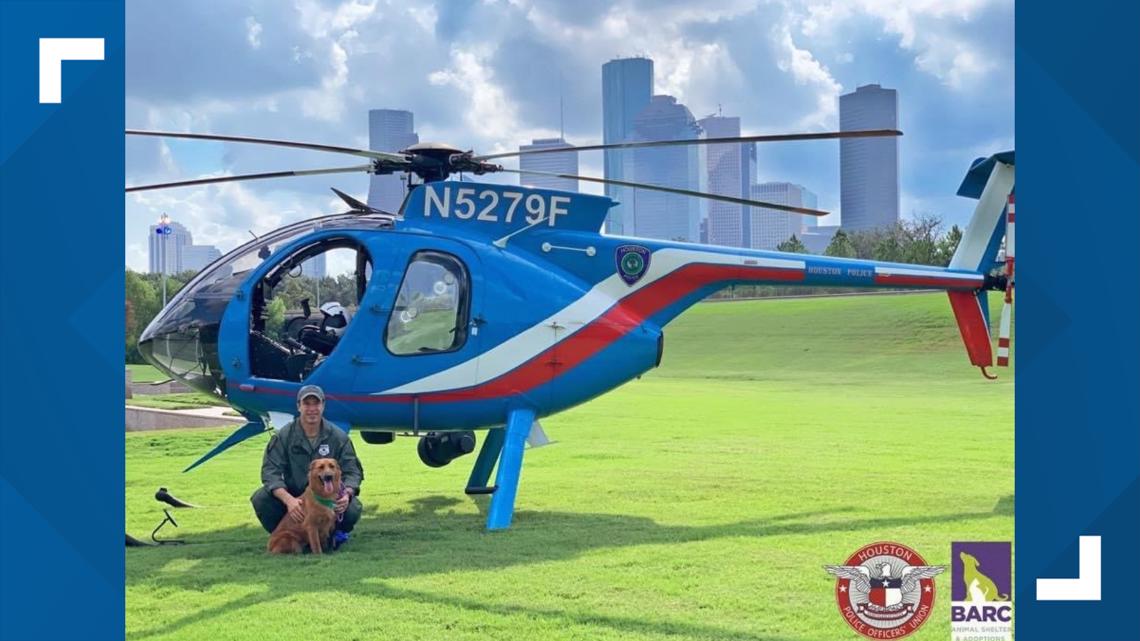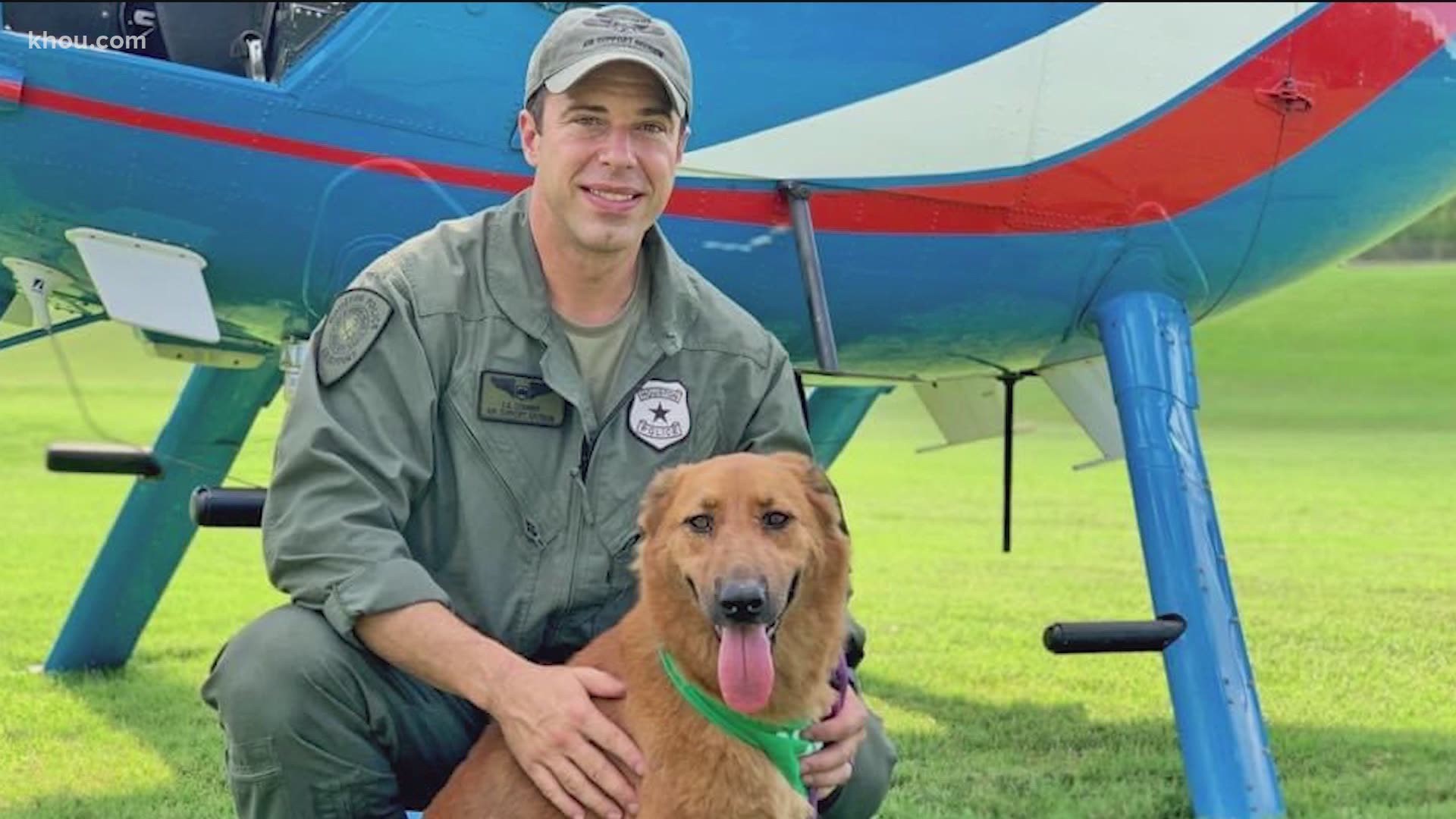HOUSTON — Houston Police Chief Art Acevedo said the pilot injured in a deadly crash Saturday, 35-year-old Chase Cormier, is recovering after undergoing surgery.
Cormier is a 14-year veteran of the department. Chief Acevedo said Cormier suffered severe injuries in the helicopter crash that killed officer Jason Knox.
Douglas Griffith, vice president of the Houston Police Officers Union, said he knows both officers involved in the crash personally.
“The pilot I’ve known for over ten years, and Jason, (Houston city councilman) Mike Knox’s son, I’ve known him since he got on the department,” Griffith said.


He said Cormier loves aviation and being part of this elite group comes with its risks.
For three years, Cormier has been a part of HPD’s Air Support unit as a helicopter pilot.
“He’s got a long road ahead of him. It’s going to hard for him. It really is. It’s going to be tough for him. It’s going to be tough for his family," Griffith said.
He said being a part of HPD’s Air Support unit requires a lot of time and dedication.
The unit’s name says it all. They are there to be an eye in the sky.
“They support the officers on the ground. Anytime we have a foot chase, a car chase, lost children,” he said.
Griffith said these officers are part of something special.
“When you’re out there fighting a suspect, and you can hear those helicopter blades over the top of you, there’s a calming feeling that comes over you because you know they’re there. They’re watching you. They’re directing people to get help to you,” Griffith said.
Now it’s time for the community to rally behind this group that’s lost a key member and has another one fight for his life.
Chief Acevedo said the Air Support unit will stand down so they can provide the team emotional support.
He said the Department of Public Safety and the Harris County Sheriff’s Office will provide coverage in the meantime.
Coronavirus symptoms
The symptoms of coronavirus can be similar to the flu or a bad cold. Symptoms include a fever, cough and shortness of breath, according to the Centers for Disease Control. Some patients also have nausea, body aches, headaches and stomach issues. Losing your sense of taste and/or smell can also be an early warning sign.
Most healthy people will have mild symptoms. A study of more than 72,000 patients by the Centers for Disease Control in China showed 80 percent of the cases there were mild.
But infections can cause pneumonia, severe acute respiratory syndrome, kidney failure and even death, according to the World Health Organization. Older people with underlying health conditions are most at risk for becoming seriously ill. However, U.S. experts are seeing a significant number of younger people being hospitalized, including some in ICU.
The CDC believes symptoms may appear anywhere from two to 14 days after being exposed.
Human coronaviruses are usually spread through...
- The air by coughing or sneezing
- Close personal contact, such as touching or shaking hands
- Touching an object or surface with the virus on it, then touching your mouth, nose or eyes before washing your hands.
Help stop the spread of coronavirus
- Stay home when you are sick.
- Eat and sleep separately from your family members
- Use different utensils and dishes
- Cover your cough or sneeze with your arm, not your hand.
- If you use a tissue, throw it in the trash.
- Follow social distancing
Lower your risk
- Wash your hands often with soap and water for at least 20 seconds. If soap and water are not available, use an alcohol-based hand sanitizer.
- Avoid touching your eyes, nose, and mouth with unwashed hands.
- Avoid close contact with people who are sick.
- Clean and disinfect frequently touched objects and surfaces.
- If you are 60 or over and have an underlying health condition such as cardiovascular disease, diabetes or respiratory illnesses like asthma or COPD, the World Health Organization advises you to try to avoid crowds or places where you might interact with people who are sick.
Get complete coverage of the coronavirus by texting 'FACTS' to 713-526-1111.

